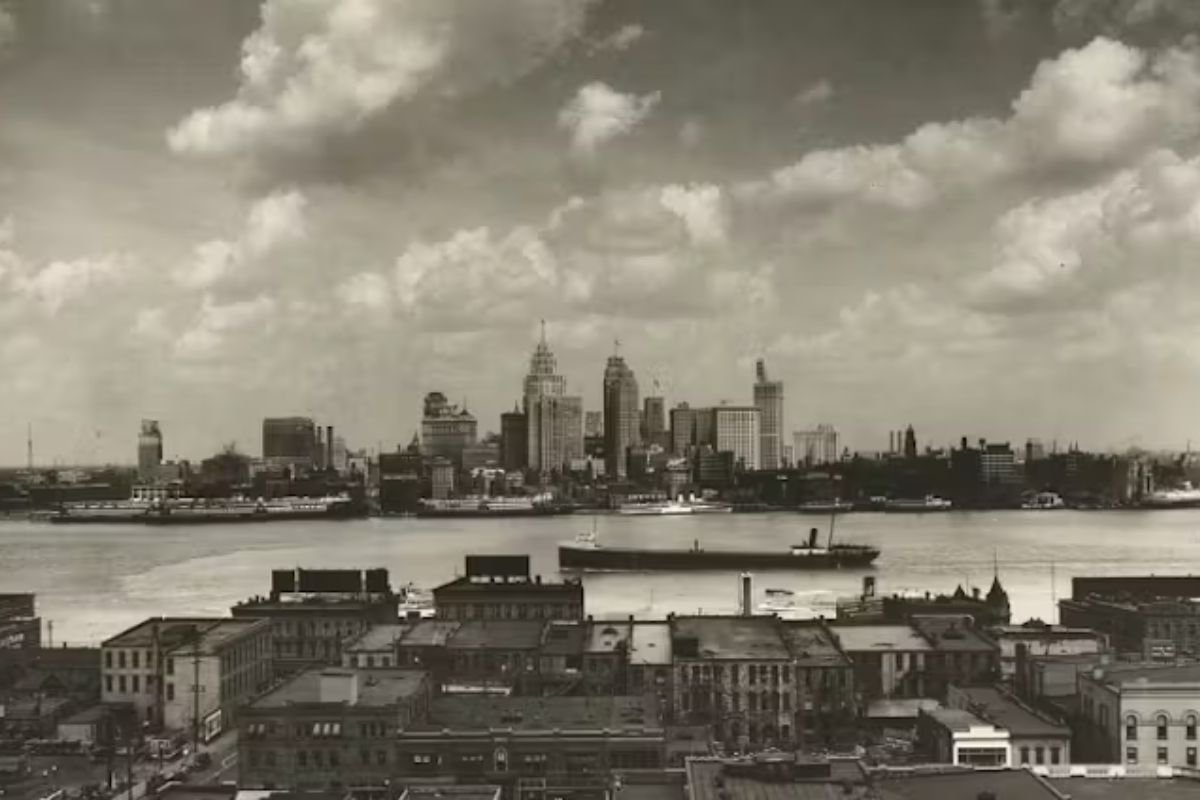The following is a transcript of the video above, from our webinar “Remaking the Economy: How Policy Can Help Tenants Purchase Their Homes.” View the full webinar here.
Elin Zurbrigg: Over time [Washington] DC TOPA [Tenant Opportunity to Purchase Act] has enabled the development and preservation of more than 16,000 affordable housing units. And then the 99 limited equity co-ops or more than 4,000 units of affordable limited equity cooperatives in the district—the majority of those were formed under TOPA.
But there’s so many amazing stories. I think that one is kind of The Little Engine That Could. It was a really small project. We work on projects that get the notice of sale from five units to 99 units and up. But…typically we’re working in most of DC’s naturally occurring affordable housing, or NOAH, [which] is 20- or 30-unit buildings.
“There are many amazing stories about how the residents came together and were able to organize and form a cooperative.”
Sign up for our free newsletters
Subscribe to NPQ's newsletters to have our top stories delivered directly to your inbox.
By signing up, you agree to our privacy policy and terms of use, and to receive messages from NPQ and our partners.
But these were townhomes, in an area very close to the DC Housing Authority, and residents who had public housing vouchers were living in them. And folks who had been living in them for many, many years. [They] had raised their kids and now a grandmother was raising her grandkids in two of the houses. And were used to being told that if they have to move, they believed, once they were told they have to move, they believe it.
And so there were actually times, I think several times…when they were packing up to move, thinking that they had to leave because they got the notice of sale. And a lawyer, I believe [she] was from Bread for the City, knocked on one of their doors, so, they love to tell this story. And if it wasn’t for her saying no, you don’t have to move, you have rights, you have options, they wouldn’t have known that, and they wouldn’t have exercised their rights to purchase.
And what they actually did was they worked with Mi Casa to form a limited equity co-op that was financed using local money, federal money, and then also enhanced Section 8 vouchers that gave them the income that they needed to operate the townhomes as a cooperative. [It is] still in existence today.
So, I think that’s reflective of a lot of these stories. There are many amazing stories about how the residents came together and were able to organize and form a cooperative through many impediments, but ultimately seeing it through and celebrating that they were able to not only preserve their affordable housing but really build a strong community and a strong association through the process.










